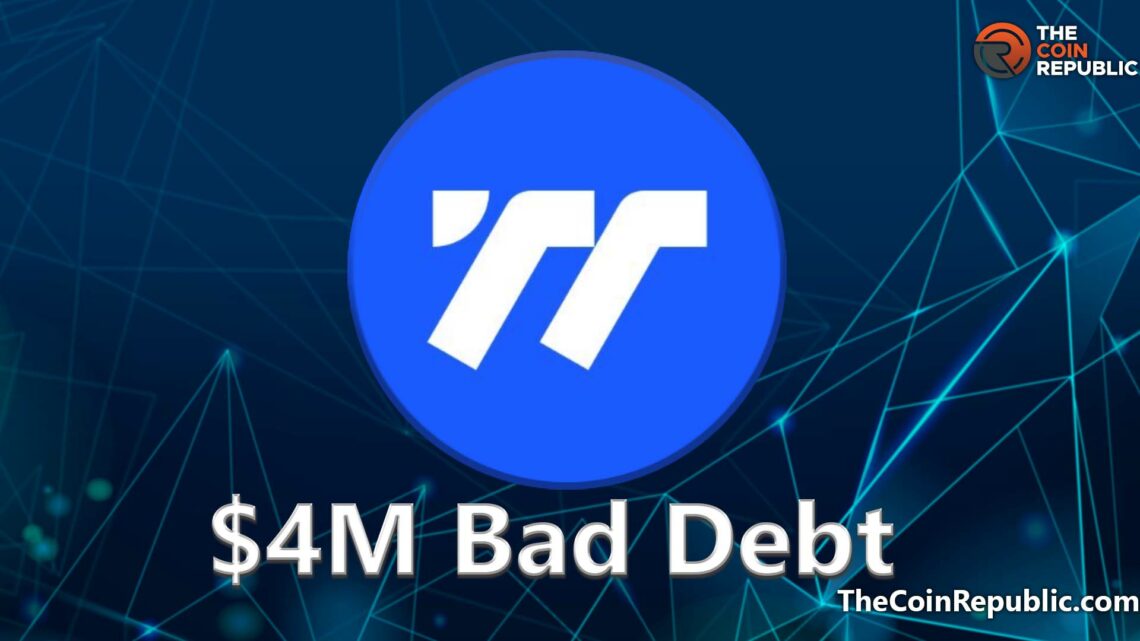- On October 9, TrueFi, DeFi’s first and largest credit protocol, published a “notice of default.”
- Blockwater, a leading digital asset investment firm, which reportedly missed payment on a $3.4 million loan.
On that very day, TruFi official posted on Twitter alerting another borrower named Invictus Capital may not refund the $1 million loan till October 30 as it filed for voluntary liquidation.
Another borrower, Wintermute, which is the single biggest borrower, met with a hack which resulted to a $160 million loss. As a result, TrueFi is so far battling with the quarrel for the past one month.
Dissimilar to DeFi protocols such as Aave or Maker – where loans are safeguarded by more assets as compared to the loan’s value, and a default produces an automatic liquidation of the collateral – lenders on TrueFi don’t get any option except believing the protocol’s due diligence on borrowers withdrawing unsecured loans, as there is no guarantee to capture in a default.
TrueFi is among the most famous practitioners of undercollateralized lending in DeFi. The loans are collateralized, which means that borrowers do not promise any of their own assets to protect the loan. The possibility of the repayment of is totally an article of faith.
TRU’s price slipped 15% in digital-asset markets from Blockwater’s default, as the collapse was mostly in coordination with a retreat in wider crypto markets.
The loss in loans
Maple Finance, a competitor undercollateralized DeFi lending protocol, stated on June 21 that it might experience short-term liquidity issues and have inadequate cash after Babel Finance became bankrupt and reverted to a $10 million loan.
After the liquidation of the loan, depositors of the lending pool faced $7.9 million in losses, which portrayed a 3.2% cut on a total of $244 deposits in the pool.
TrueFi’s $4 million bad debt shows a portion of the $117 million loans distinguished. What may frighten lenders is that the bad loans to Blockwater and Invictus are from that very lending pool, possibly default loans showing about half of the pool’s $8.4 million in assets.
TrueFi’s credit team posted through a tweet that “as a consequence of active agreements anticipated recovery value will be exaggerated on these distressed loans.”
What comes after all this is that TRU token holders, who direct the protocol, will debate and vote on how to go ahead with recovering the assets to alleviate the strike on lenders damaged by the default.

Andrew is a blockchain developer who developed his interest in cryptocurrencies while pursuing his post-graduation major in blockchain development. He is a keen observer of details and shares his passion for writing, along with coding. His backend knowledge about blockchain helps him give a unique perspective to his writing skills, and a reliable craft at explaining the concepts such as blockchain programming, languages and token minting. He also frequently shares technical details and performance indicators of ICOs and IDOs.


 Home
Home News
News










